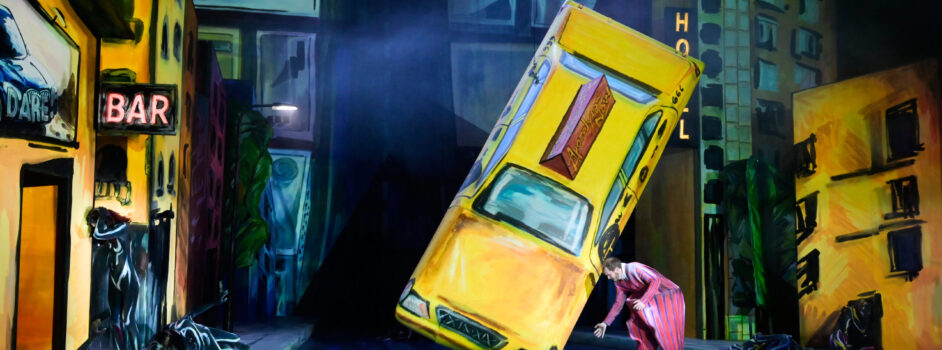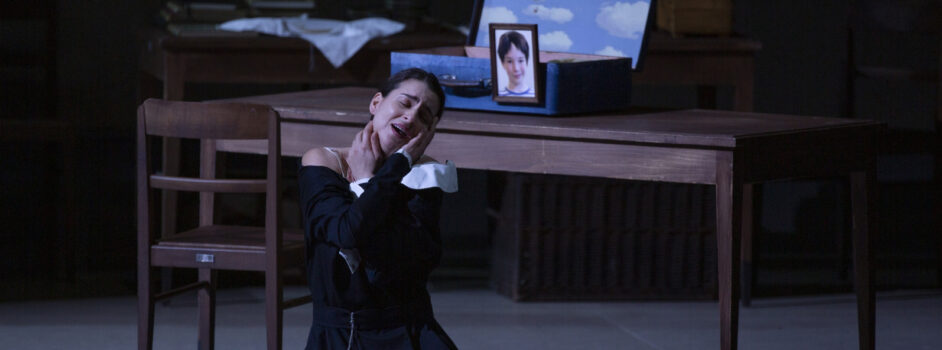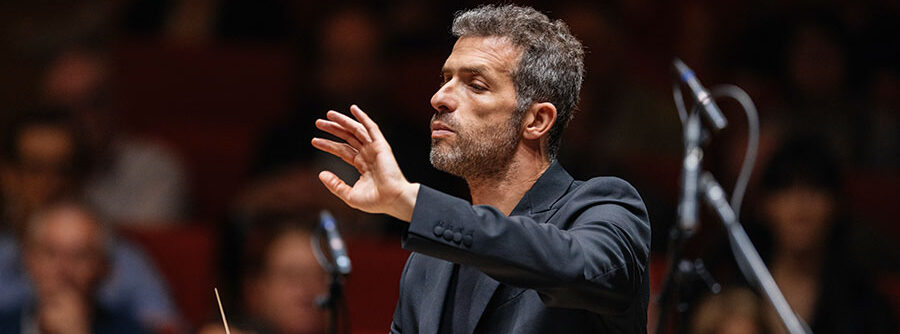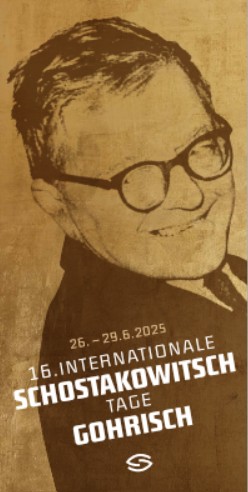Plus de détails
Kenneth Stern : Giuditta Pasta, A Life on the Lyric Stage. Editions Operaphile, Palm Springs, Ca. USA. ISBN : 978-0-578-07406-1.
2011. 584 pages. In English. www.giudittapasta.com
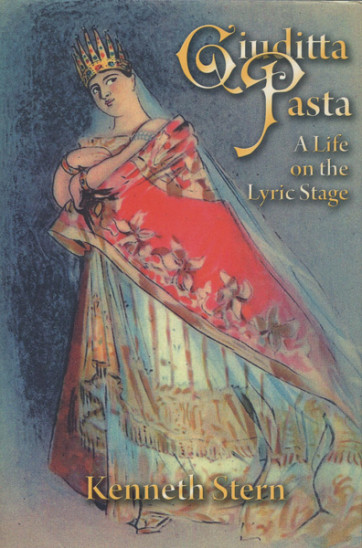 This new hefty tome by Kenneth Stern, like Opera In America, A Cultural History, by John Dizkes, reviewed here a few weeks ago, belongs to what one might call the biographical field (school? coterie?) of Anglo-Saxon literary criticism.
This new hefty tome by Kenneth Stern, like Opera In America, A Cultural History, by John Dizkes, reviewed here a few weeks ago, belongs to what one might call the biographical field (school? coterie?) of Anglo-Saxon literary criticism.
This Giuditta Pasta, A Life On The Lyric Stage, is therefore, as it should be, and according to the rules of the genre, dense, serious, meticulous–even academic–filled with those thousand skillfully listed details that we discover with the eagerness of a doctoral candidate and which make up the slightly perverse delights of all thesis directors. One of the major points of the book is to resolutely correct the numerous errors and omissions of Giuditta Pasta and Her Time by Maria Gulini Ferranti, which for many years was the quintessential reference work on Pasta. After reading this volume of nearly 600 pages, however, you will have really learned everything about this singer who was Stendhal's favorite (those long evenings they spent together playing faro!)
You will have learned, among other things, that she was born on October 26 at Saronno, baptized the following day as Angiola Maria Costanza, daughter of Rachel (the celebrated mother who would accompany her all her life throughout Europe as impresario, nurse, factotum–in both meanings of the term) and Carl'Antonio Negri.
That while very young, she studied with Bartolomeo Lotti, Maestro di Capella at Como, with Giuseppe Scappa in Milan, with Banderali, Paër and Perucchini. That at 18, she (“Git” to her friends) marries the young Giuseppe Pasta (Peppino)…a mediocre tenor who leaves Europe for the USA on October 1, 1825, along with the Garcia clan. That she made her debut with Giuseppe at the Teatro degli Academici Filo-Drammatici in Milan in a work by Scappa which does not survive, and that her first real success will come to her in Paris, at the Théâtre Italien, with Paër's Principe di Taranto and Niccolò Zingarelli's Giuletta e Romeo. That in London, she portrays her first pants role, Telemaco, in Cimarosa's Penelope (the Morning Post notes her “flexible and pleasing voice” and “handsome countenance.” That her fantastic gifts will be kept secret for a very long time…etc., etc…
You will have shared her travels and their sagas: Paris, London, Venice, Naples, Trieste, Palermo, Milan (but La Scala will not invite her until much later–December 26, 1831, for a Norma, with Pasta, Negri, Donzelli, Negrini, its world premier… a fiasco!) but also Vienna, Krakow, St. Petersburg, Moscow (where she imports, among others, her Norma, her Anna Bolena, her Tancredi) and Berlin (where Felix Mendelssohn hears her as Rossini's Desdemona and resolutely tears the lady to pieces in a letter to Verkenius.) You will have become familiar with the habits and customs of the operatic world of the period (those celebrated “trunk arias” that Pasta carefully packed in her bags, just in case–her favorite pieces.)…That is how in Paris, displeased with her entrance piece in Rossini's Otello, a duet with Emilia, she will choose to “extrapolate,” inserting in its place the “Mura infelice…Palpita incerta l'anima…O quante lagrime,” the latter taken from La Donna del Lago. In Padua, it will be “Di Tanti Palpiti,” taken from Tancredi ; examples abound!
You will have discovered in these pages her friendships and her enmities (Angelina Catalani, Giuseppina Grassini, Tecofila Billotti Cola, Talma, Duchesnois, Henriette Sontag, etc…and at the end of the list, la Grisi and la Fodor!…as one might well imagine!), her phobias and superstitions (all travel is planned around the 11th of the month…) They leave for Rome on the 11th, arrive in Venice on the 11th, move into the Villa Roda on the banks of Lake Como on September 11, 1828–all orchestrated by Mama Rachel; her loves …always innocent, etc…etc…
You will have also noted that she sang Rossini's Desdemona 161 times; Tancredi,156 times; Norma, 108 times (Milan, Bergamo, Venice, London, Bologna, Saint-Petersburg and Berlin); Romeo (Zingarelli), 108 times; Semiramide, 71 times; Anna Bolena, 69 times; Nina (Paisiello), 59 times; Medea, 46 times. That she also rubbed shoulders with Mozart (which she spelled “Mozzart”), but only very few times: Donna Elvira, 5; Cherubino, 11; Despina, 2; Zerlina, 3.
That certain roles were written specifically for her: Beatrice di Tenda, Norma, Amina, Maria Stuart (Coccia), Anna Bolena, Bianca (Ugo, Conte di Parigi), Linceo (Danao, Mayr), Emma (Mercadante), Gonzalvo (Nicolini), Clodomiro (Nicolini), Niobe (Pacini), Arminio (Pavesi) Elisa (Rai), Giuditta (!) (Raimondi), in addition to others, that you can find listed on p. 512 of the volume.
In the end, the three chapters (The Woman, the Artist, the Voice) Illuminate even further, as if it were necessary, the Pasta mystery that you will fully grasp in reading this magnificent tome. Robust, carefully considered, sincere, the author has “hatched” a biography that is often powerful and steely, often warm, affectionate, loving–in a word…adoring. Kenneth Stern dotes on his subject, idolizes her–this unquestioned superstar of her generation. His style cuts right to the chase and you can read this book in one sitting. The work, like Opera in America, is waiting for its translator.
The woman, the tragic actress, the vocal monster…and, in finishing the book, one thinks, of course…of Callas!
Translated by Miriam Ellis
Plus de détails
Kenneth Stern : Giuditta Pasta, A Life on the Lyric Stage. Editions Operaphile, Palm Springs, Ca. USA. ISBN : 978-0-578-07406-1.
2011. 584 pages. In English. www.giudittapasta.com

